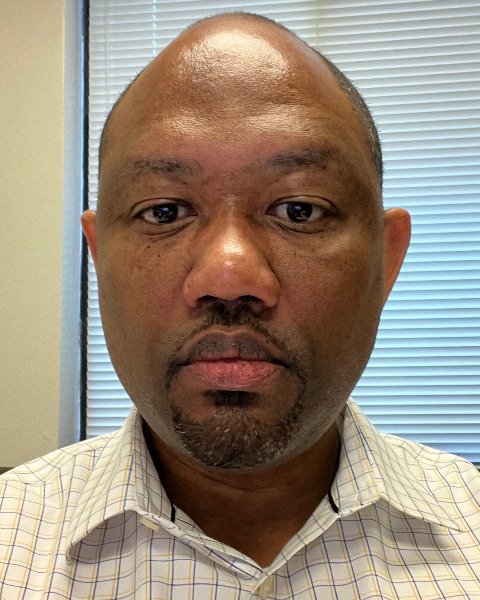
Marlon S. Thomas, Assistant Professor of Bioengineering (he/him/his)
Assistant Professor
FISK University
The democratization of personalized diagnostic medicine will require that clinical assays are performed near or at the patient's bedside. Advances in electronic technology and the emergence of nanotechnology have revolutionized biosensors' development and use as screening tools. In his research, Dr. Thomas designs biomedical micro-electromechanical systems (BioMEMS) devices as sensing tools to rapidly quantify biomarkers, and pharmaceutical agents, along with bacterial and viral pathogens during a medical evaluation. These devices will analyze samples in the blood, saliva, Cerebrospinal fluid, or urine at levels equal to that of standard laboratory instruments. The devices are designed to meet the requirements outlined by the World Health Organization: affordable, sensitive, specific, user-friendly, robust, rapid, equipment-free, and deliverable to the end user. In addition to the rapid detection and identification of biological agents, Dr. Thomas also develops Mathematical models for the simulation of biological events and for data analysis from biosensors. These activities involve using data analysis tools to write programs, writing code to perform routine analysis, finite element analysis, curve fitting, using recursive algorithms, and extraction of fitting parameters. Dr. Thomas spent seven years working with Nobel Laureate Dr. Roger Kornberg, a Distinguished Professor at the Stanford University School of Medicine and Scientific Director at Dr. Thomas’s former employer, Autonomous Medical Devices Incorporated.
Poster(s):
-
Thursday, October 12, 20239:30 AM - 10:30 AM PDT
